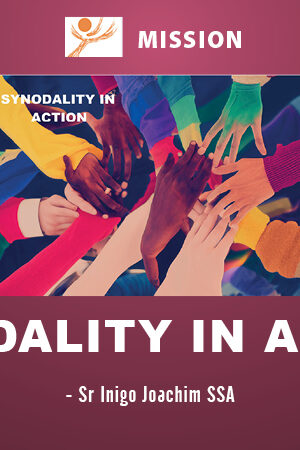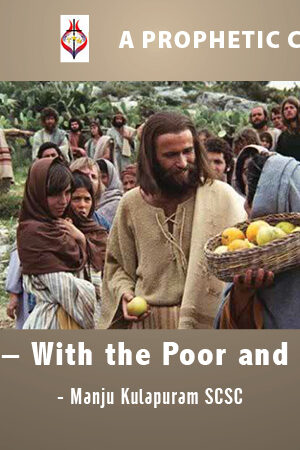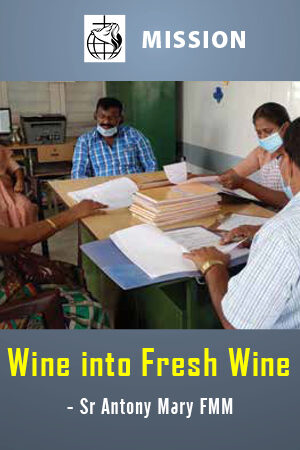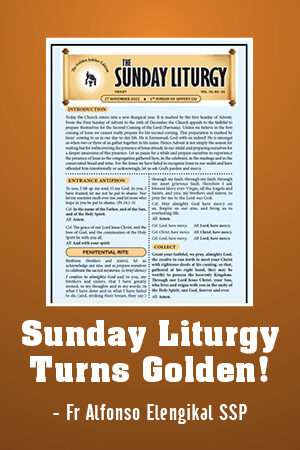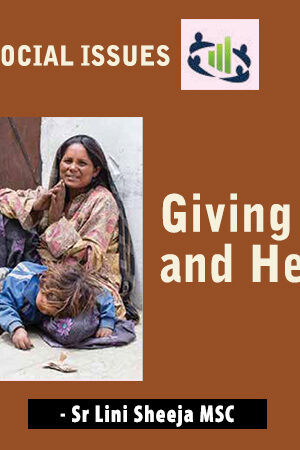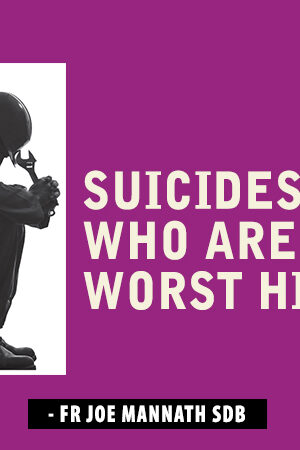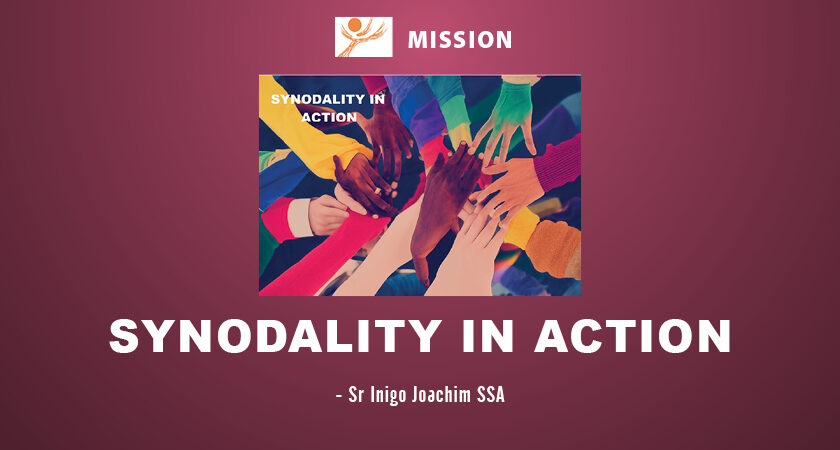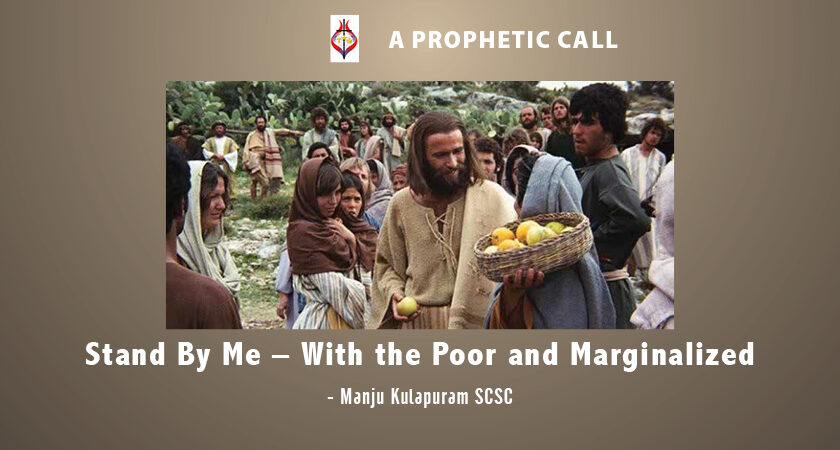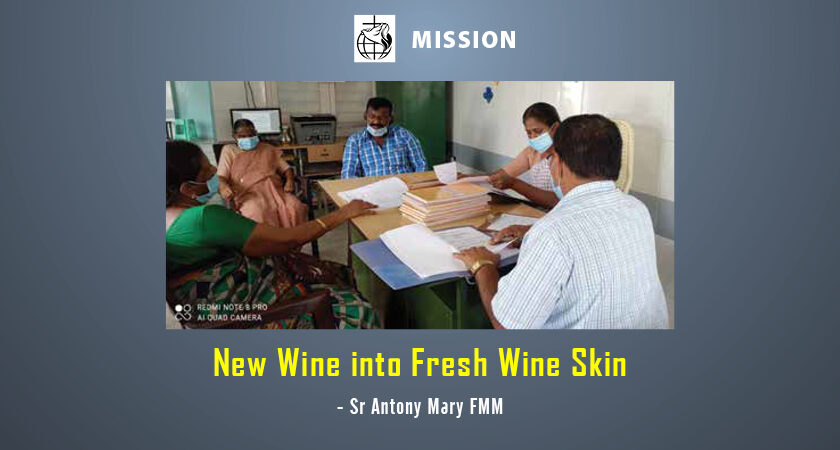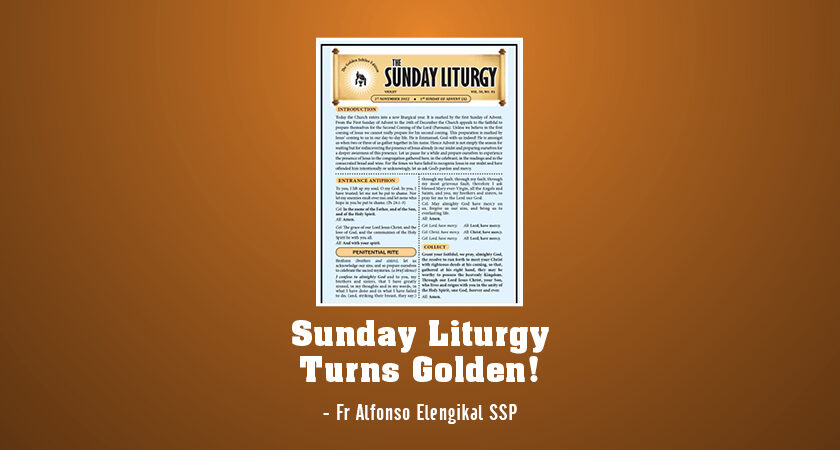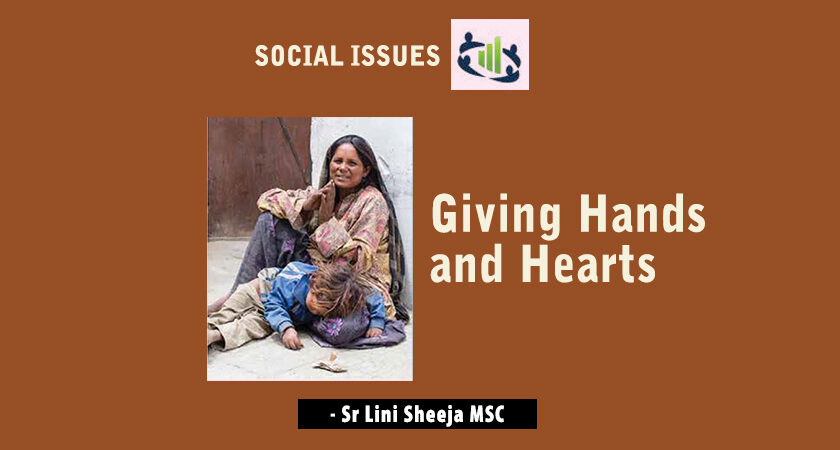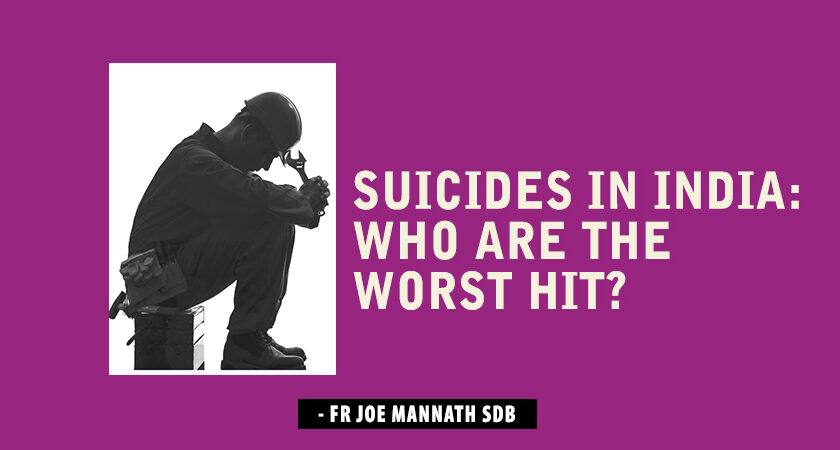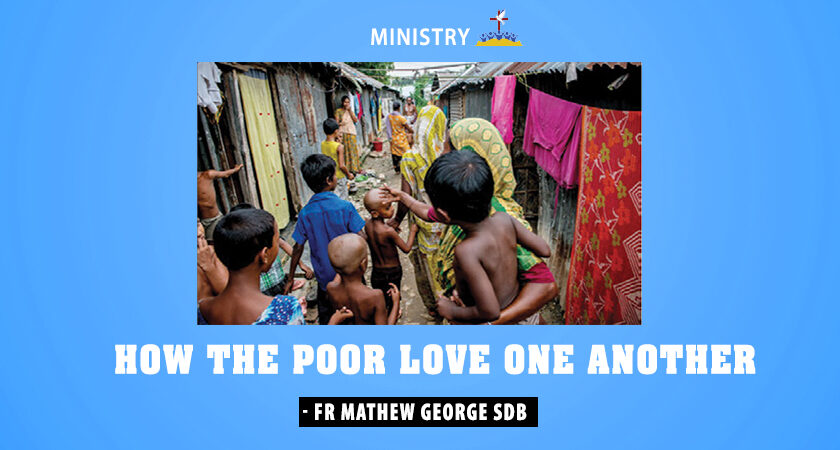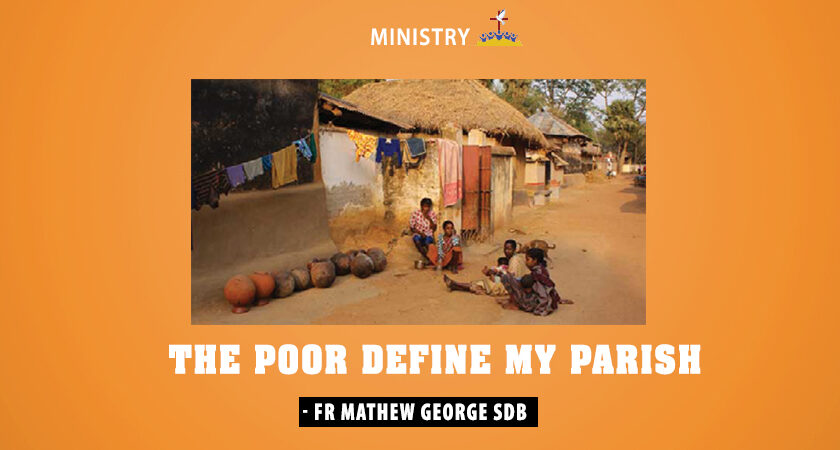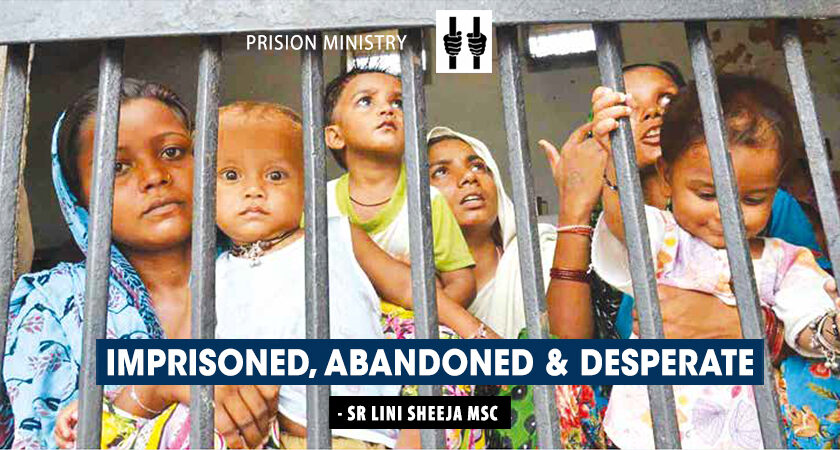Synodality is not merely a theoretical concept but a practical call to action embraced by Pope Francis. It urges Catholics worldwide to engage in meaningful dialogue with individuals from diverse backgrounds and to foster relationships based on mutual respect and understanding. By actively practicing synodality, we can contribute to the creation of a more just and peaceful world for all.
One notable example of synodality in action occurred during the celebration of International Women’s Day in March 2023 organized by the Brahma Kumaris, a renowned spiritual movement known for the prominent role women play within their organization. The event took place in Dwarka, New Delhi, and served as a platform to advance the cause of women’s empowerment. Recognizing the immense spiritual resources women possess, which often remain untapped and undervalued, the Brahma Kumaris invited empowered women from various sectors of society to address the gathering, aiming to inspire others with their wisdom and experiences. To my astonishment, I received an invitation from the Brahma Kumaris to be the main speaker at this event, which provided me with a remarkable opportunity to interact with a world-renowned group of another faith. As a Catholic nun serving among the marginalized convicts in Tihar Jail, this invitation reaffirmed the reality of synodality in my life—a step taken by Pope Francis to guide the Church forward, listening to each other’s voices and discerning the signs of the times through the inspiration of the Holy Spirit.
Sr Inigo Joachim SSA
To read the entire article, click Subscribe
